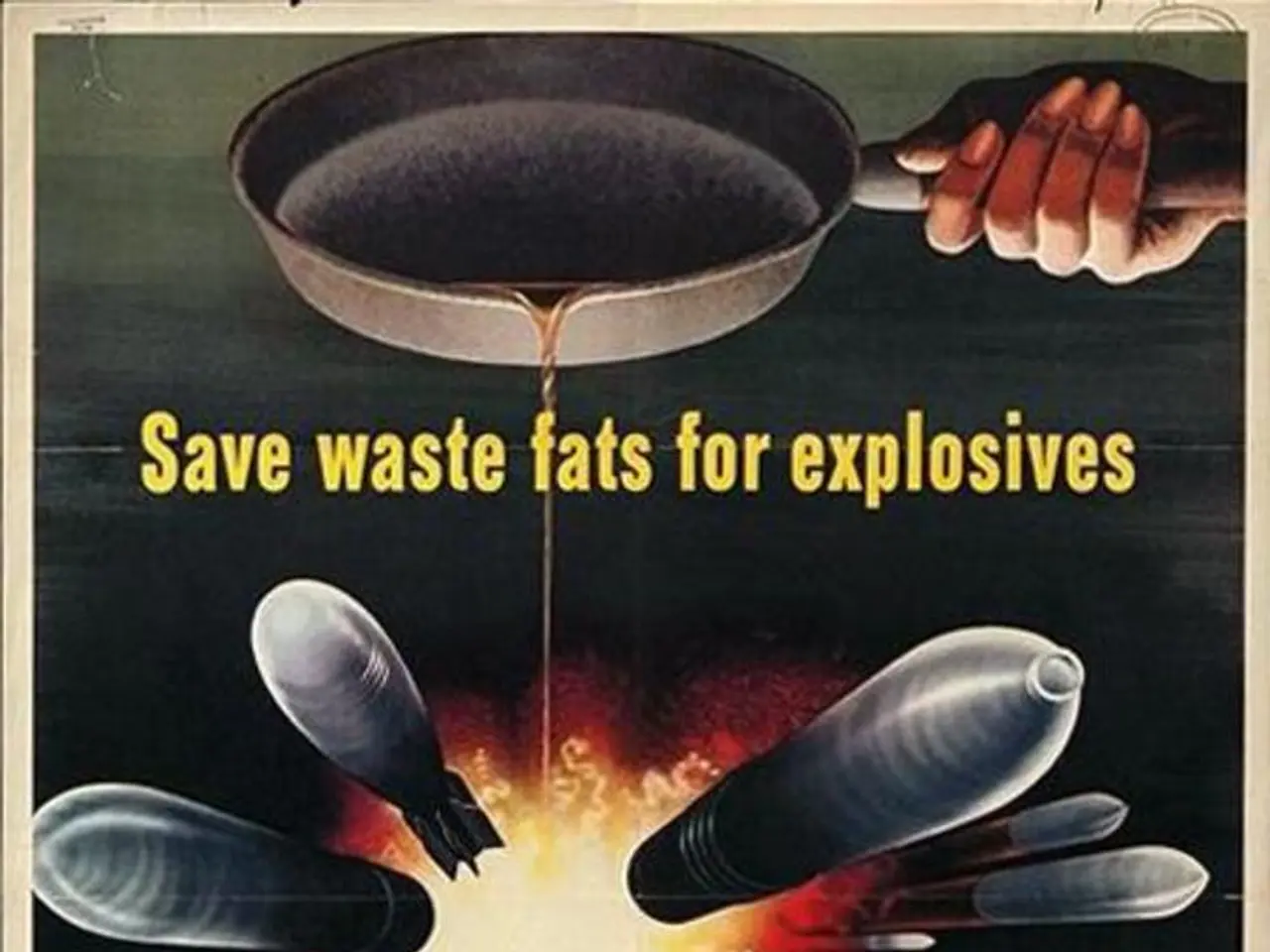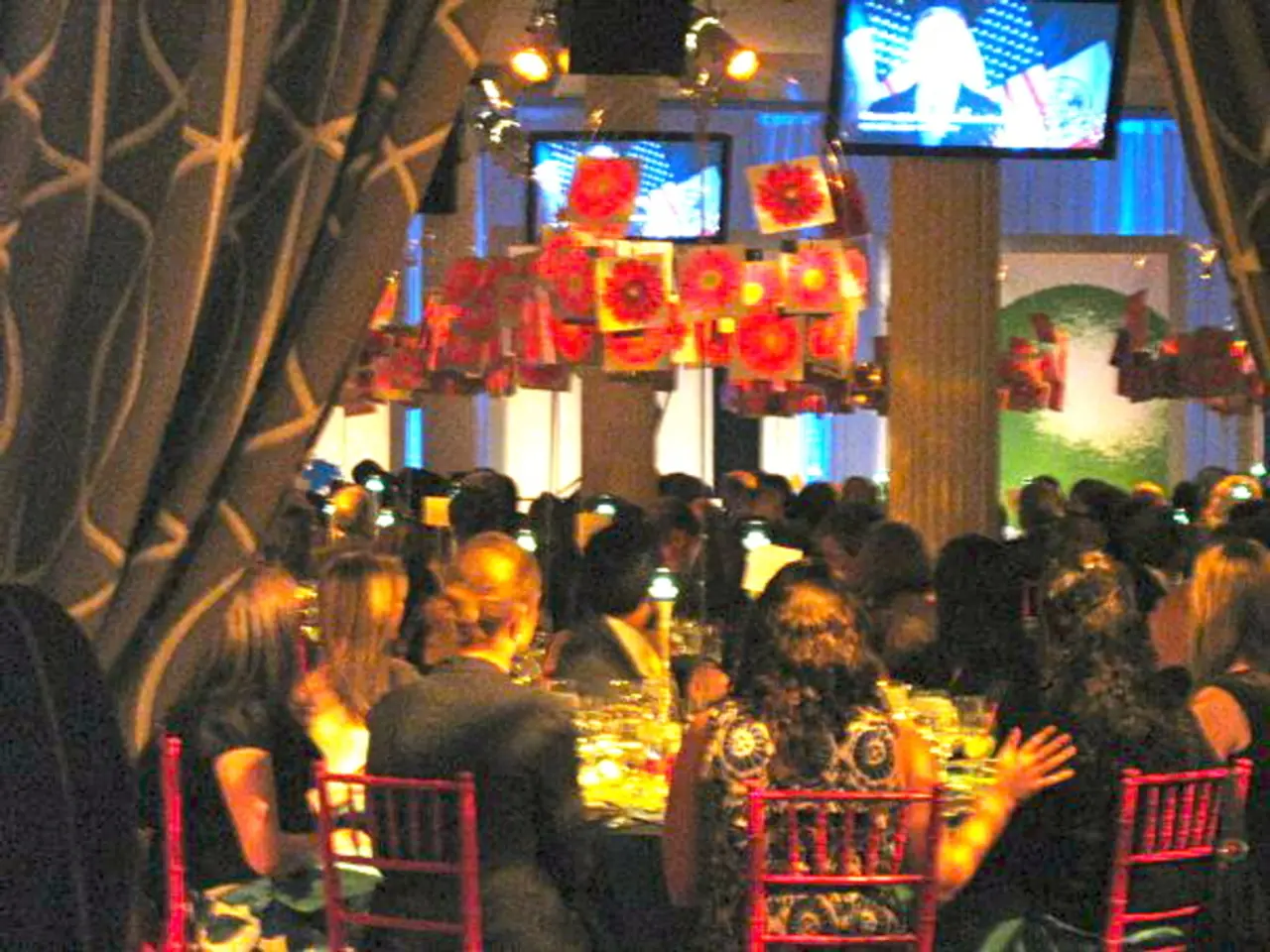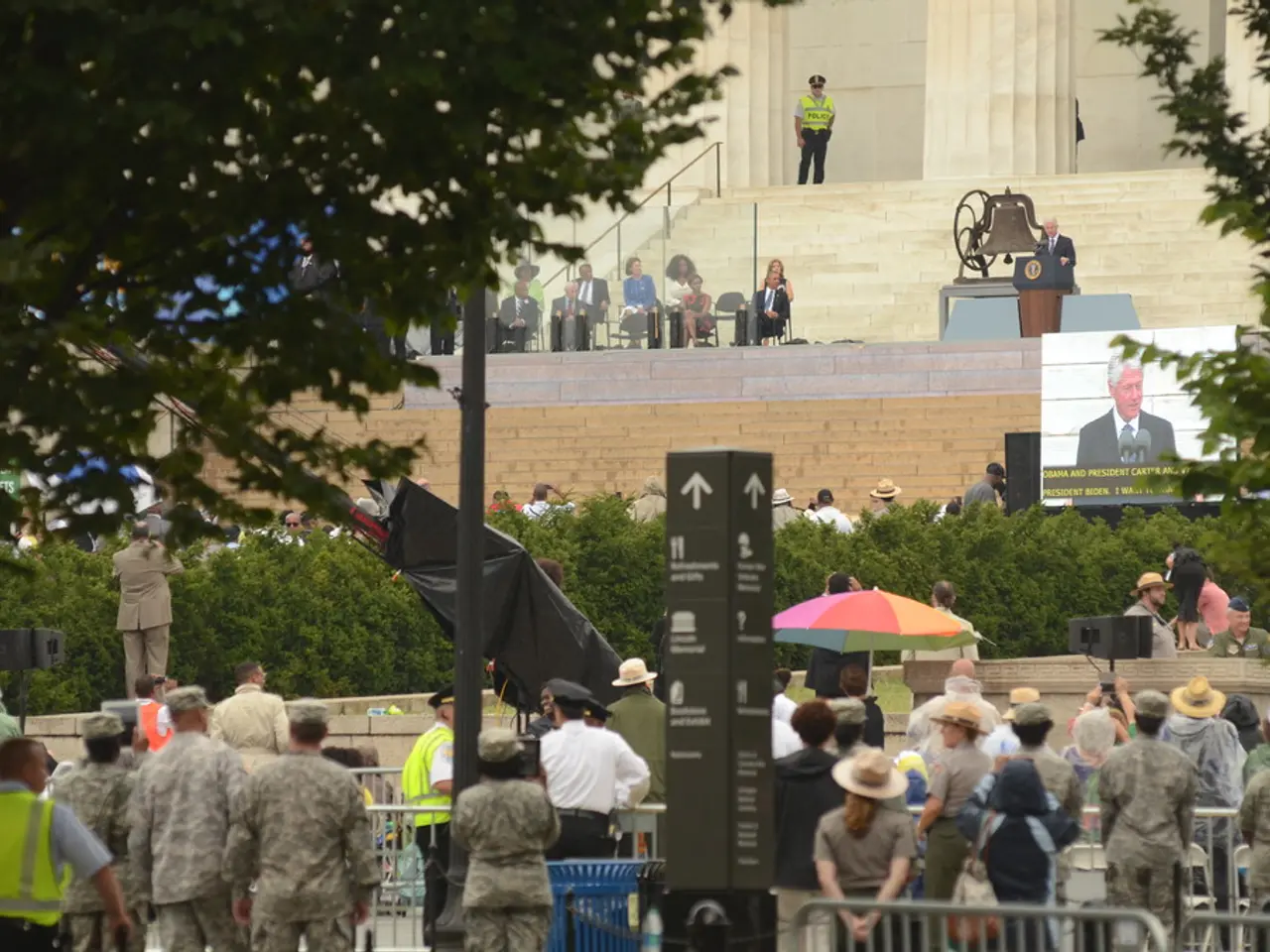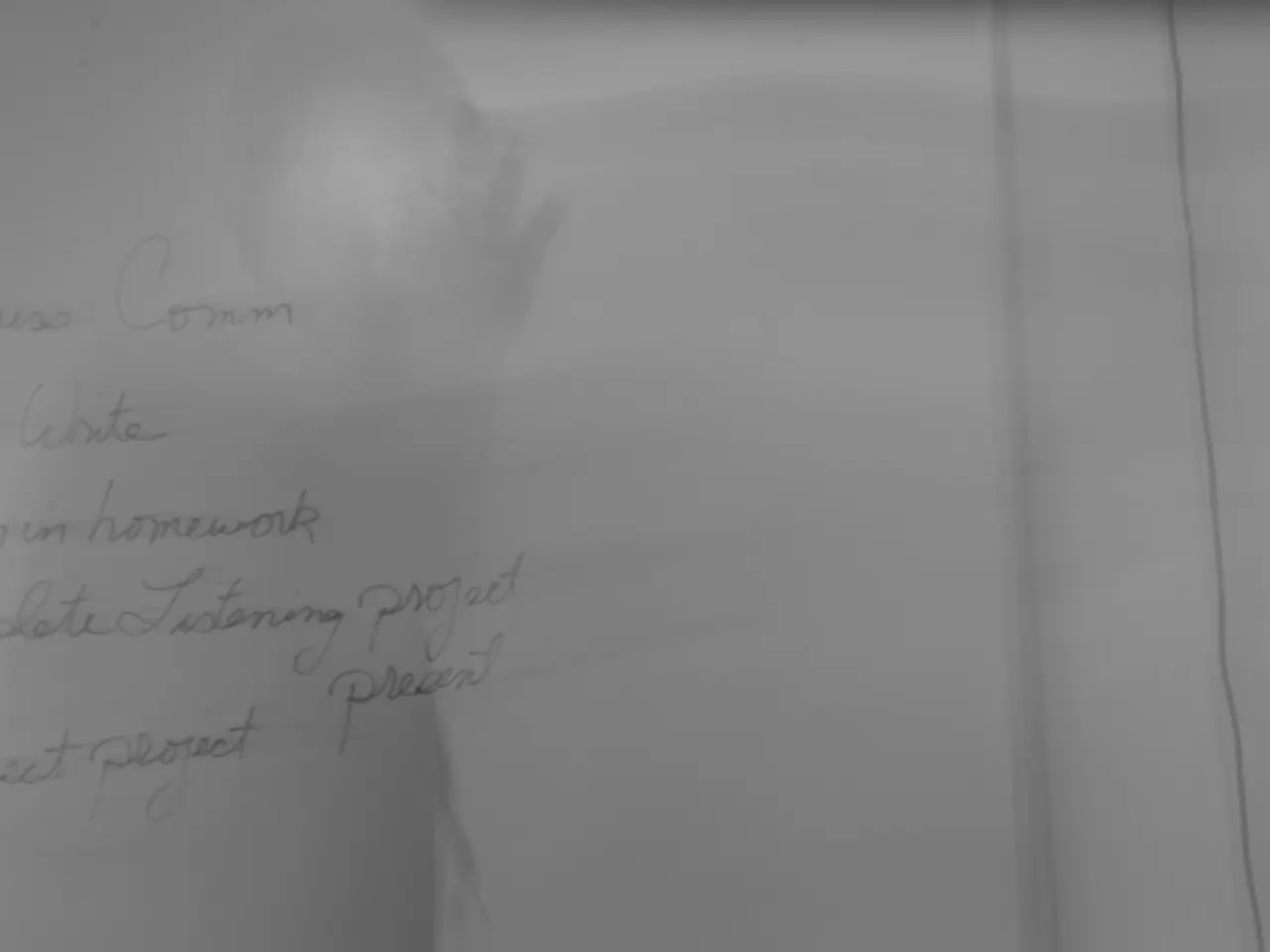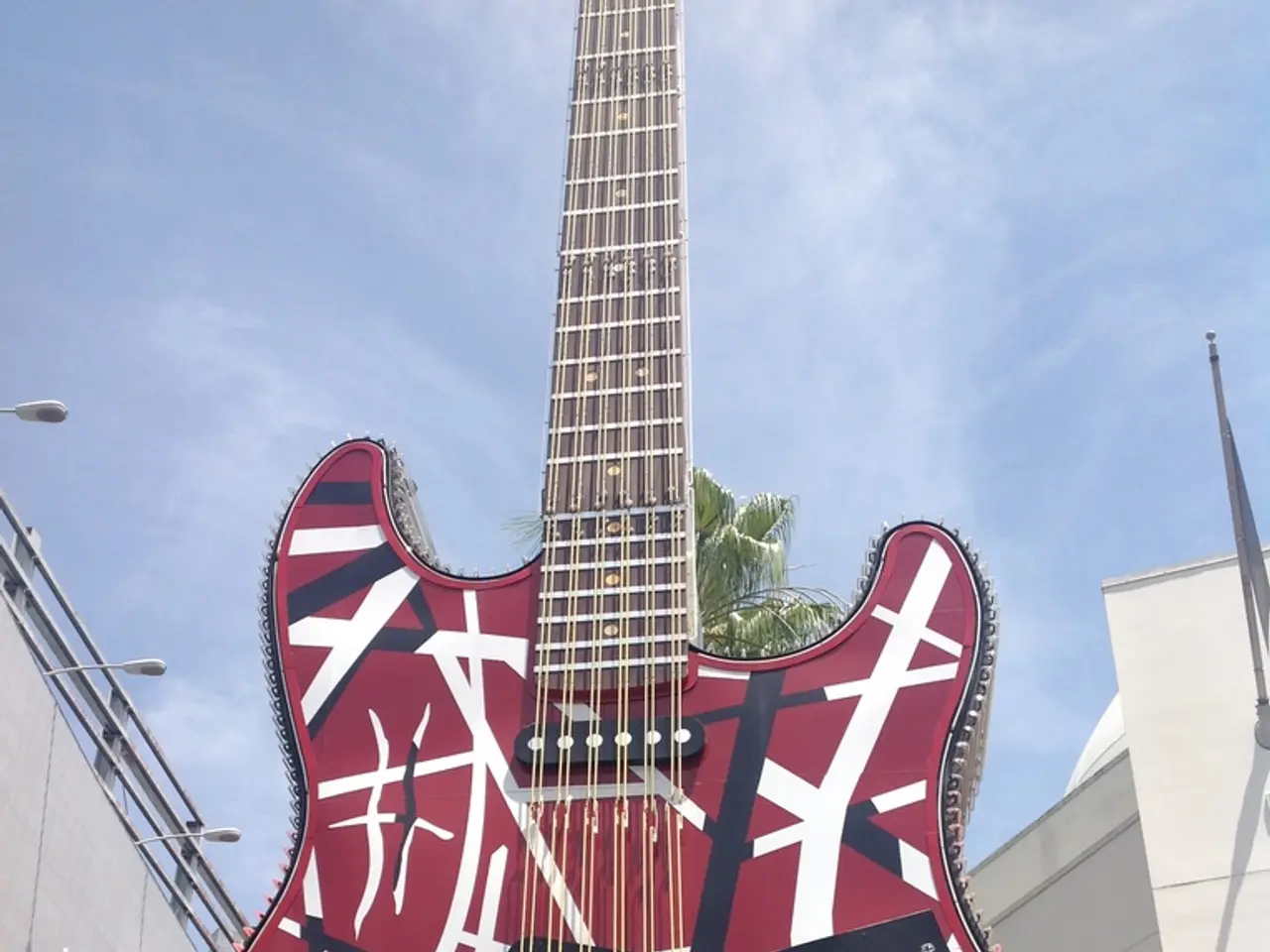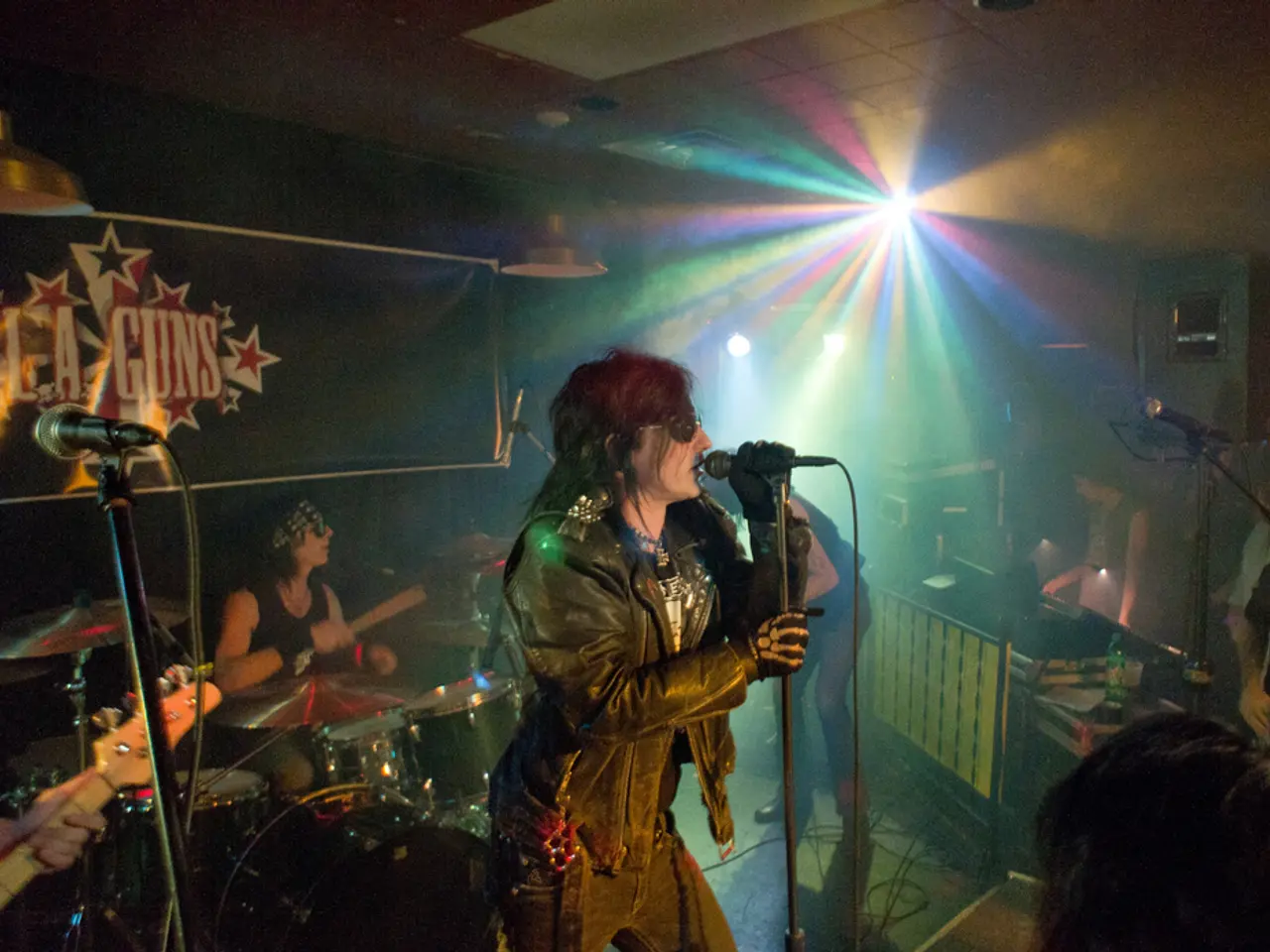Tehran's potential readiness for nuclear weapon testing discussed in Iranian media by a lawmaker's suggestion
In a region fraught with political tension, Iran's nuclear stance towards Israel and European countries has witnessed a significant escalation and defiance. This development comes amidst renewed hostilities and military threats, following recent Israeli attacks on Iranian nuclear facilities in June 2025.
Iran has responded by expediting its nuclear program, announcing measures to advance enrichment capabilities and reduce cooperation with international nuclear inspectors. The International Atomic Energy Agency (IAEA) has reported that Iran has been non-compliant with its nuclear safeguards obligations for the first time since 2005, spurring Iran to speed up its nuclear activities[1].
Despite Iran retaining a declared policy of non-weaponization, there is growing international concern that Iran’s nuclear weaponization program is progressing covertly and steadily. IAEA inspections have been severely limited, and Iran has refused to resolve safeguard issues[2]. Iran's enrichment capacity is such that it could produce enough nuclear material for several nuclear weapons if it enriches uranium to weapons-grade levels, with a breakout time now estimated to be almost zero[1][3].
Israeli strikes on Iranian nuclear facilities have not substantially delayed Iran’s nuclear timeline, and Iran maintains that it can produce sufficient uranium metal for a weapon in weeks or days even without some facilities[3]. The Israeli government appears to be preparing mechanisms to prevent Iran from rebuilding its nuclear program post-conflict, signalling heightened hostility and potential for ongoing conflict[3].
Iran has engaged in separate talks with European countries (the E3: UK, France, Germany) as well as with China, Russia, and indirect US negotiations mediated by Oman. However, these talks have been disrupted by Israeli military actions and remain fragile[1]. Iran dismisses IAEA criticisms as politically motivated and has condemned the Israeli attacks, emphasizing its right to advance its nuclear program and criticizing international efforts as biased[1][4].
Meanwhile, Iranian military commanders and high-ranking officials have hinted at a potential shift in their nuclear stance. Ahmad Haqtalab, the commander of the Nuclear Centers Protection and Security Corps, suggested a possible revision of Iran's nuclear doctrine and policies[5]. Javad Karimi Qudousi, a member of the Iranian parliament, implied that Iran is one week away from its first nuclear weapon test, and his targets would not only be Israel but also European countries supporting Israel[6].
In a separate development, Soma Pourmohammadi, a Kurdish language educator, was convicted of "forming groups and factions with the intention of disrupting the security of the country". Prior to her recent prison sentence, she received a one-year suspended imprisonment for "disturbance of public order". She was given a 10-year prison term and exile to Kermanshah prison in two separate cases[7].
The publication and sale of seven-seater jet planes have become a contentious issue in Iran, with the head of the Civil Aviation Organisation announcing their sale to the public[8]. However, the general public in Iran lacks the means to afford even a domestic car[9]. Etemad daily demanded transparency and urged authorities to disclose the names of individuals who own private jets, while Rokna, another Farsi-language media outlet, characterized the publication of private jet news as symbolizing a profound social class divide[10].
The Nozhin Social-Cultural Association, an independent cultural group, has been conducting free Kurdish language classes in different Kurdish cities[11]. Despite various languages like Kurdish, Turkish, and Balouchi being spoken in Iran, Farsi remains the country's only official language[12].
This heightened tension underscores the precarious security environment in the region and diminishes prospects for swift diplomatic resolution to Iran’s nuclear ambitions[1][2][3][4]. The Iranian press review is a digest of news reports not independently verified as accurate by Middle East Eye.
- The escalating defiance in Iran's nuclear stance towards Israel and European countries, coupled with Israel's attacks on Iranian nuclear facilities, has raised concerns about war-and-conflicts in the Middle East.
- The International Atomic Energy Agency (IAEA) has reported that Iran has been non-compliant with its nuclear safeguards obligations, indicating a potential breach of policy-and-legislation related to nuclear weapons.
- Concerning the politically charged nuclear situation, there is growing international concern aboutunsigned the progression of Iran’s nuclear weaponization program, despite Iran retaining a declared policy of non-weaponization.
- In the general-news, the recent Israeli strikes on Iranian nuclear facilities have not substantially delayed Iran’s nuclear timeline, with Iranian officials suggesting that they can produce sufficient uranium metal for a nuclear weapon in weeks or days.
- Amidst the media scrutiny and criticism of Iran's nuclear activities, high-ranking Iranian officials have hinted at a potential revision of Iran's nuclear doctrine and policies, adding to the uncertainty in the Middle East's security landscape.
- Crime-and-justice is also evident, as a Kurdish language educator was recently convicted of "disrupting the security of the country," adding to the discord and polarization within Iran.
- Simultaneously, the disparity in social classes is highlighted as the publication and sale of seven-seater jet planes in Iran reveals a profound social class divide, with the general public struggling to afford even a domestic car.
